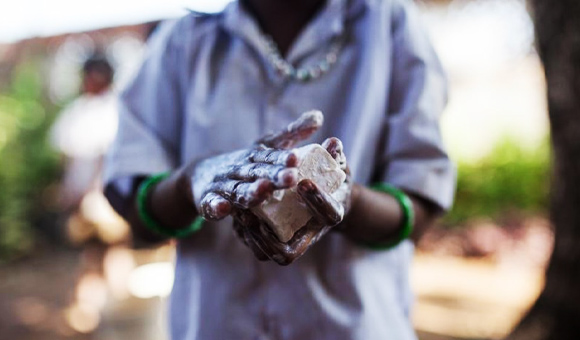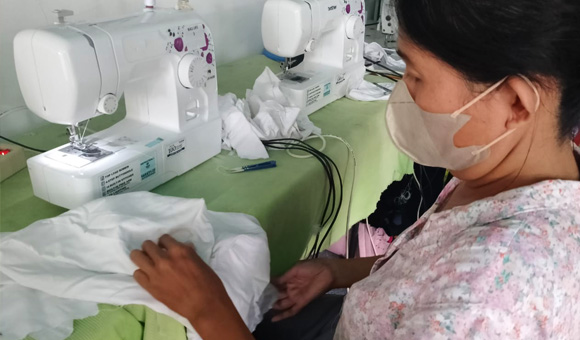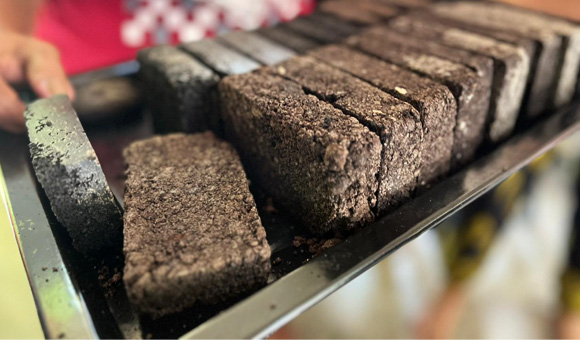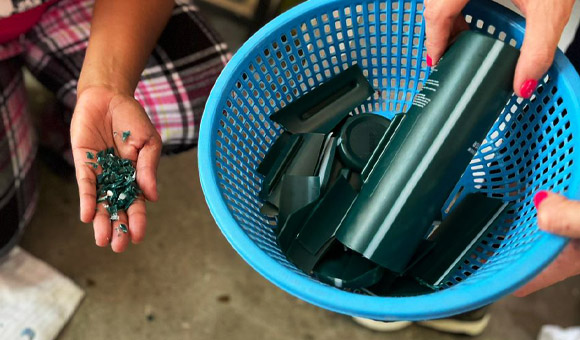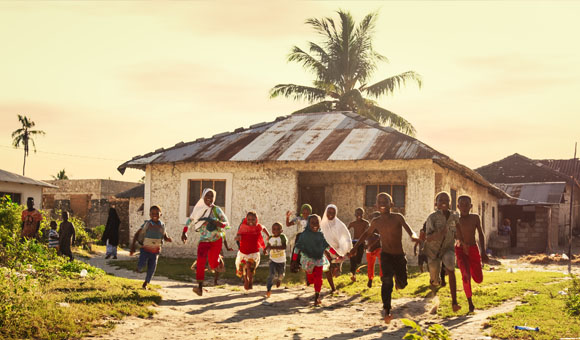
Lifting Lives with Hope
We make a meaningful impact in the world by seeking opportunities to work with the communities where we do business, as well as other areas of the world. And we encourage all of our employees to do the same.
Solenis’ Community Relations committee sets our overall direction. Our corporate social responsibility (CSR) programs drive us to work with diverse partners around to the world to improve lives in the communities where we operate. Employee volunteerism, disaster relief, and product donations are a reflection of our efforts to be a good corporate citizen. However, what differentiates us is our extension of CSR to creating shared value (CSV). By partnering with customers and NGOs, we tackle shared social and environmental challenges. Mutually beneficial programs like Soap For Hope™ and Linens For Life™ touch all three parts of sustainability with social, environmental and financial benefits.
